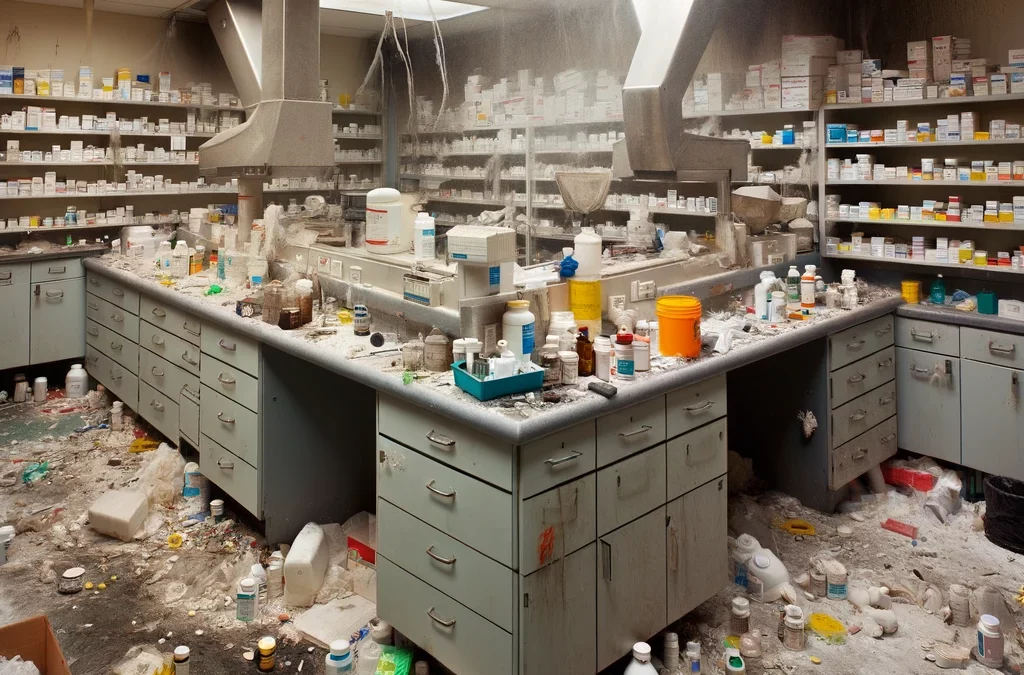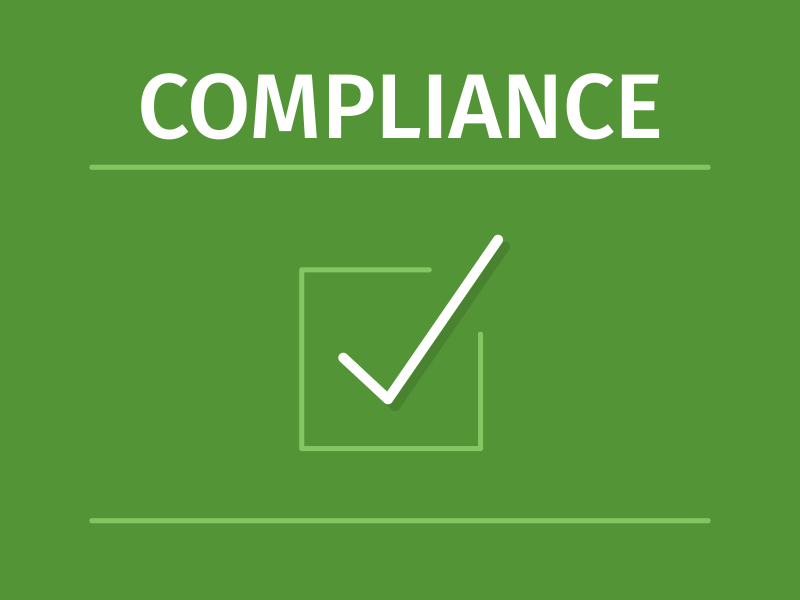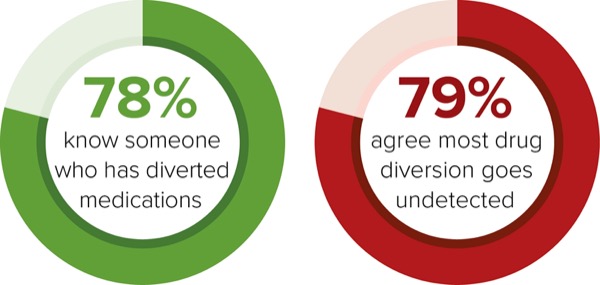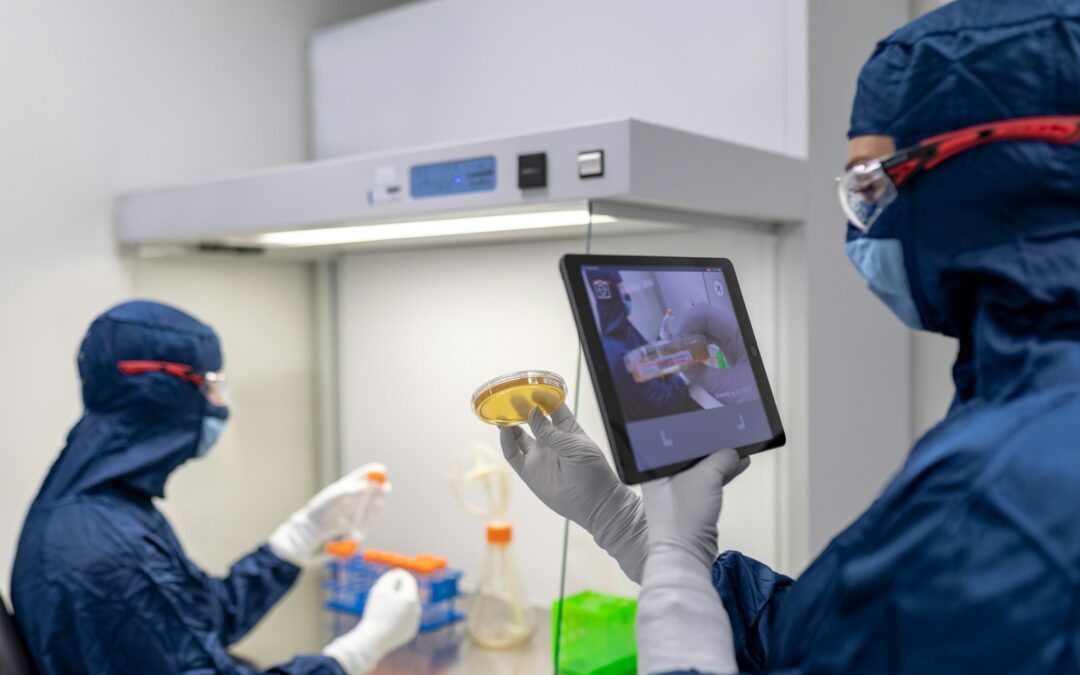Knowledge Center

Understanding the Difference Between Unsanitary and Insanitary: Clarifying Common Misconceptions
Not all insanitary clean rooms are easy to see as one could imagine. Attention to details in your policy and procedures will remain vital to ensure pharmacy compounding spaces are compliant and safe for patients, and our employees.

Must-Read: Top Tips for Choosing the Best Compliance Software
Choosing the right compliance software is crucial for your pharmacy. Discover 12 essential factors to ensure seamless operations and avoid costly penalties (and frustrations) with TerluminaHealth

Insights From Recent Major Drug Diversion Cases In Healthcare
Drug diversion in healthcare is a serious issue with far-reaching impacts. Major cases over the past decade underscore the urgent need for strong prevention measures.

Unveiling The Hidden Crisis: TerluminaHealth’s Journey In Narcotic Diversion Program
Many of us have EMR’s, automated cabinets, and other tools that help discover diversion. Lets make sure your expectations are reviewed as they are intended with TerluminaHealth.

What You Need to Know: USP, SOPs and Documentation Required In Your Facility
Compounding pharmacies must uphold SOPs & rigorous documentation for safety. Learn more about whats REQUIRED to ensure high-quality care for patients.

Wayfinding the Road to USP Compliance in 2024
The recent implementation of USP General Chapters <795>, <797>, and <800> as of November 1, 2023, marks a pivotal shift in pharmaceutical practices, especially in sterile compounding. Health systems are advised to adapt through strategic measures: establishing a systematic tracking program with the help of compounding experts, appointing a dedicated expert for system-wide sterile compounding compliance, implementing clear and specific policies and procedures.

A Day in the Life of a Hospital Pharmacy Technician
Hospital pharmacy technicians begin their day by reviewing tasks from previous shifts and ensuring compliance with safety and regulatory standards. They manage a variety of responsibilities, including restocking automated dispensing cabinets and adhering to USP 797 and USP 800 for medication compounding. Throughout their shift, they verify orders, ensure accurate medication delivery, and collaborate with healthcare professionals to meet urgent patient needs. Their role is crucial in maintaining the efficiency and safety of pharmacy operations, making them essential to the healthcare system.

Do These 3 USP 2024 Compliance Gaps Sound Familiar?
USP’s updated General Chapter <797> is now official, setting new standards for hospital pharmacies. But are you ready?

USP Checklists are a Must for Complex Pharmacy Operations
Checklists: A Vital Tool for Enhancing Pharmacy Efficiency and Patient Safety. These structured guides ensure critical tasks are completed accurately, fostering communication and driving compliance. By embracing digital innovations, pharmacies can access crucial information on-the-go, revolutionizing workflow management. Harness the power of checklists to elevate healthcare quality and transform patient outcomes.

How “Scope Creep” Can Save Health Care
🚨Important Read Alert: Addressing Misconceptions About Pharmacists' Role🚨An article from the American Medical Association, authored by Timothy M. Smith sparked debate on social media, questioning the role of pharmacists in healthcare. While acknowledging pharmacists'...
The Latest
-
Understanding the Difference Between Unsanitary and Insanitary: Clarifying Common Misconceptions
-
Must-Read: Top Tips for Choosing the Best Compliance Software
-
Insights From Recent Major Drug Diversion Cases In Healthcare
-
Unveiling The Hidden Crisis: TerluminaHealth’s Journey In Narcotic Diversion Program
-
What You Need to Know: USP, SOPs and Documentation Required In Your Facility
-
Wayfinding the Road to USP Compliance in 2024
-
A Day in the Life of a Hospital Pharmacy Technician
-
Do These 3 USP 2024 Compliance Gaps Sound Familiar?
-
USP Checklists are a Must for Complex Pharmacy Operations
-
How “Scope Creep” Can Save Health Care
